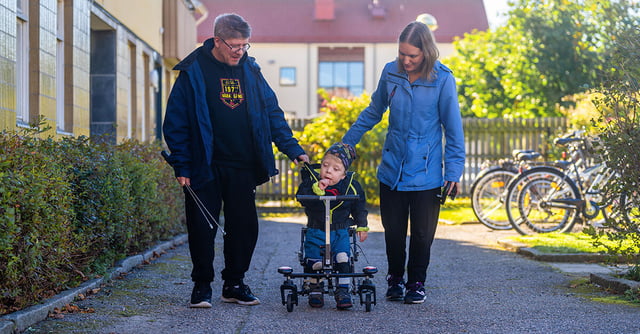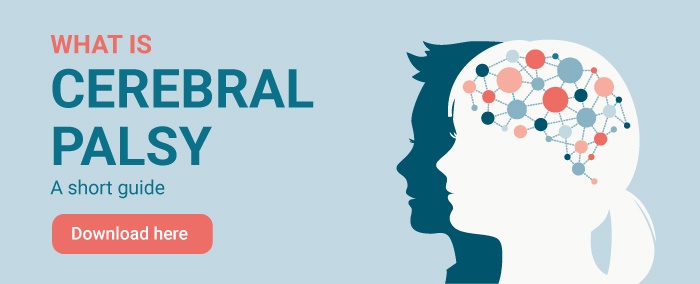
09-Apr-2025Why are cerebral palsy registers important?

Back to Blog Overview
A cerebral palsy register is an organised program for collecting and storing information of a clearly defined set of data. It can be limited to population-based data or include information that in the future can lead to better prevention, diagnosis and treatment strategies.
In this article you can read about:
- What is a CP register?
- Why are CP registers important?
- How and what kind of data is collected in CP registers?
- How do CP registers contribute to research?
- Are CP registers used globally?
What is a CP register?
Cerebral palsy registers have existed since the 1950s and they are a formal, structured way to collect and store data about people with CP. Typical information collected is date of birth, gender, race, ethnicity and diagnostic data such as type of cerebral palsy, limbs affected and motor function level. Some databases also collect medical information about different interventions, like orthopaedic and neurosurgical intervention as well as physio and occupational therapy. It can also contain information about orthoses and assistive technology used.
This data contributes to increase our overall knowledge about the cerebral palsy population, such as:
- Prevalence of CP
- Prenatal risk factors
- Perinatal care
- Aetiology
- Health care and economic disparities
- Genetic issues
- Interventions to prevent or reduce the severity of CP
- Hip surveillance
- Therapeutic interventions
- Etc.
This knowledge contributes to overall improvement of the care for people with cerebral palsy and enhances equal follow up and service.
Why are CP registers important?
Cerebral palsy is one of the most common childhood disabilities and CP registers play an essential role in increasing our knowledge about prevalence, prevention and intervention to:
- Improve health care systems for this population
- Increase awareness about CP
- Advocate for disability rights
- Drive political changes
- Facilitate more research
How and what kind of data is stored in CP registers?
Typically, parents will be asked to participate in cerebral palsy register or surveillance program by their doctor when their child is newborn or a toddler. Registration is voluntary and you will always be asked to provide written consent. All information in such a register is strictly confidential and any data used from the database in research will always be free of personal identifying information.
Type of data collected will differ from register to register, but most common data collected is:
- Demographic data (date of birth, gender, race, ethnicity and diagnostic data)
- Motor function measurements
- Range of motion in joints
- Pain
- Fractures
- Therapy interventions
- Physical activity
- X-rays
- Communication
- Cognition
- Hand and arm function
- Use of orthosis
- Medical treatments (example: Botulinum toxin, Baclofen)
- Surgical treatments (example: selective dorsal rhizotomy, correct spinal curvatures, correct deformities)
How do CP registers contribute to research?
A register is a distinctive method for collecting data within a population. The accumulation of extensive data allows researchers to analyse information and identify correlations and answers that may not be immediately apparent. The results can lead to transformative changes in our perspectives or behaviours. For instance, we have become more proficient at early diagnosis, and research outcomes have enhanced preventive interventions within this population. The more knowledge we gain about cerebral palsy and the lifecycle within this population, the more adept we become at predicting and planning for the individual's life.
Are CP registers used globally?
Several countries in the world have a CP register and some have more extensive surveillance programs. Some of the more extensive programs are found in:
We kindly ask to review a newly published article “Cerebral palsy registers around the world: A survey” where you can find an extensive list of countries having a register.
Your healthcare team will also be able to answer if there are any registers for CP available in your country.

Rikke Damkjær Moen brings many years of experience as clinical physiotherapist to the Made for Movement team. Her mission is to ensure that everybody, regardless of mobility problems, should be able to experience the joy and health benefits of physical activity. As our Medical Manager, Rikke is passionate about sharing knowledge so that individuals with special needs, families, and clinicians can discover the possibilities and solutions provided by Made for Movement.


